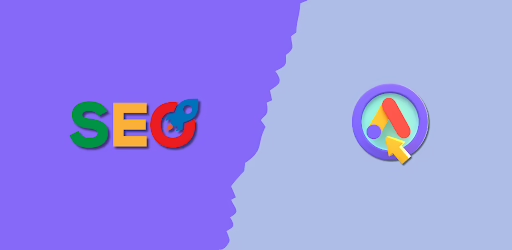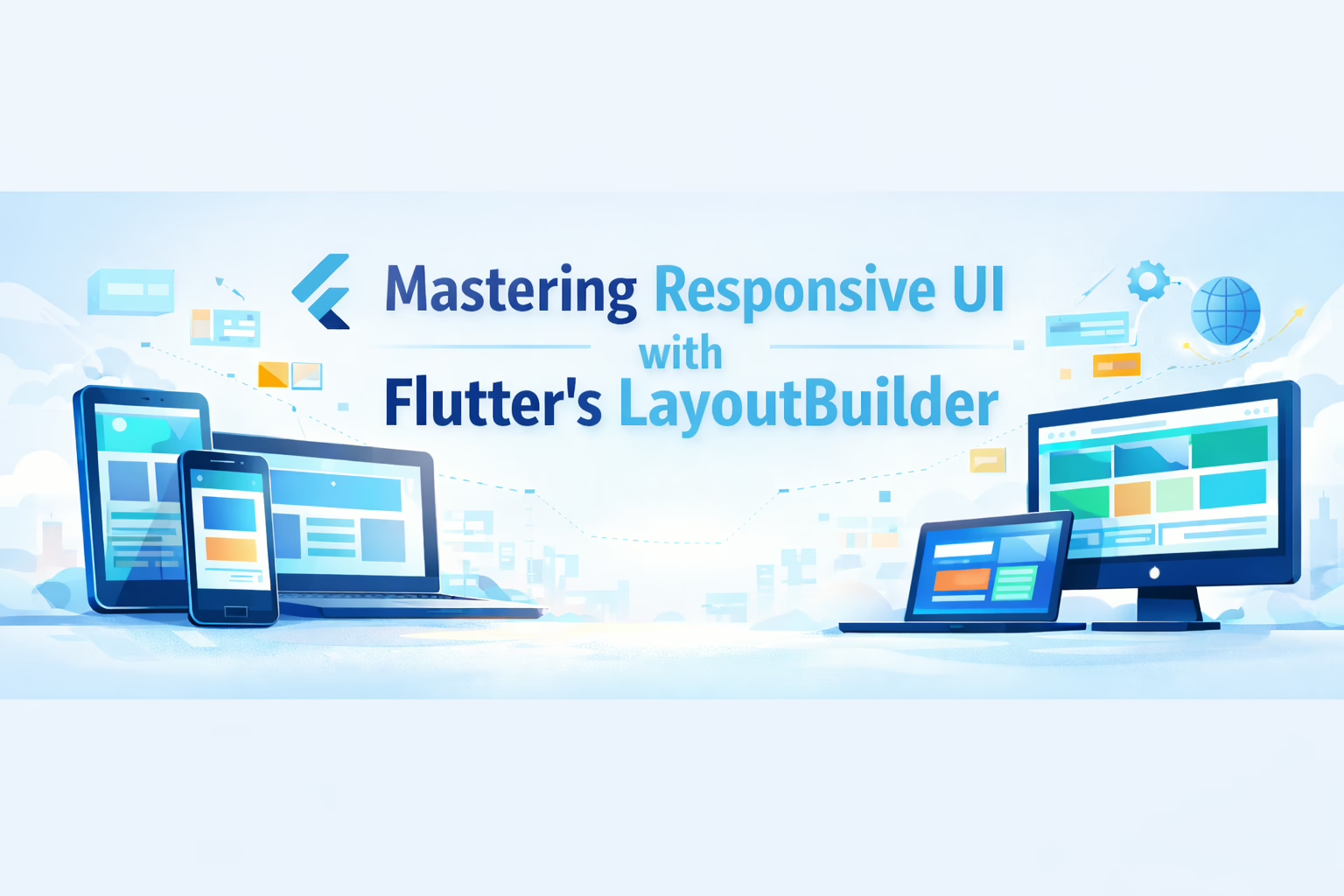Conditional statements are an essential part of programming, allowing developers to execute different blocks of code based on specified conditions. In Flutter, a popular framework for building user interfaces, developers often encounter situations where they need to choose between the ternary operator and if-else statements for implementing conditional logic. In this guide, we’ll explore the differences between these two approaches and provide insights into when to use each one effectively.
Understanding Syntax:
- Ternary Operator: The ternary operator in Dart (the language used in Flutter development) has a concise syntax: condition ? expression1 : expression2. It evaluates the condition and returns either expression1 or expression2 based on the result.
- If-Else Statement: The if-else statement follows a more traditional syntax, consisting of the if keyword followed by a condition in parentheses, curly braces containing the code to execute if the condition is true, and an optional else clause for executing code when the condition is false.
Readability and Clarity:
- Ternary Operator: The ternary operator can be concise and easy to read for simple conditions and expressions. It works well when the logic is straightforward and fits neatly into a single line.
- If-Else Statement: If-else statements offer more flexibility and readability, especially for complex conditions or when there are multiple statements within each branch. They provide a clearer structure, making it easier to understand the flow of the code.
Use Cases:
- Ternary Operator: Ideal for simple conditional expressions where you want to assign a value based on a condition. It’s commonly used for setting the value of variables or widget properties in Flutter.
- If-Else Statement: Better suited for more complex conditional logic involving multiple conditions, nested conditions, or multiple statements within each branch. It offers greater flexibility and maintainability in such scenarios.
Error Handling and Maintenance:
- Ternary Operator: While concise, excessive use of the ternary operator or nesting it too deeply can lead to less readable code and make maintenance challenging, especially for developers new to the codebase.
- If-Else Statement: Provides a more structured approach to handling conditional logic, making it easier to manage and maintain, particularly as the codebase grows and evolves.
Code Example:
import 'package:flutter/material.dart';
void main() {
runApp(MyApp());
}
class MyApp extends StatelessWidget {
@override
Widget build(BuildContext context) {
int age = 25;
return MaterialApp(
home: Scaffold(
appBar: AppBar(
title: Text('Conditional Widget Example'),
),
body: Center(
child: Column(
mainAxisAlignment: MainAxisAlignment.center,
children: <Widget>[
age < 18
? Text(
'Minor',
style: TextStyle(fontSize: 24, fontWeight: FontWeight.bold),
)
: Text(
'Adult',
style: TextStyle(fontSize: 24, fontWeight: FontWeight.bold),
),
],
),
),
),
);
}
}import 'package:flutter/material.dart';
void main() {
runApp(MyApp());
}
class MyApp extends StatelessWidget {
@override
Widget build(BuildContext context) {
int age = 25;
return MaterialApp(
home: Scaffold(
appBar: AppBar(
title: Text('Conditional Widget Example'),
),
body: Center(
child: Column(
mainAxisAlignment: MainAxisAlignment.center,
children: <Widget>[
if (age < 18)
Text(
'Minor',
style: TextStyle(fontSize: 24, fontWeight: FontWeight.bold),
)
else
Text(
'Adult',
style: TextStyle(fontSize: 24, fontWeight: FontWeight.bold),
),
],
),
),
),
);
}
}Conclusion:
Choosing between the ternary operator and if-else conditional statements in Flutter depends on factors such as readability, complexity of conditions, and personal preference. While the ternary operator offers brevity and simplicity for straightforward conditions, if-else statements provide more clarity and flexibility for handling complex logic. By understanding the strengths and limitations of each approach, developers can make informed decisions to write clean, maintainable code in their Flutter applications.
Contact Sreyas IT Solutions if you need to customize your web/mobile app and increase its UIUX for enhanced customer experience. User-friendliness and customer satisfaction are the goals that help us to create many global customers all around the world. Different IT-related services like web and mobile app development, customization, website designing, SEO, and many more are provided by Sreyas.







